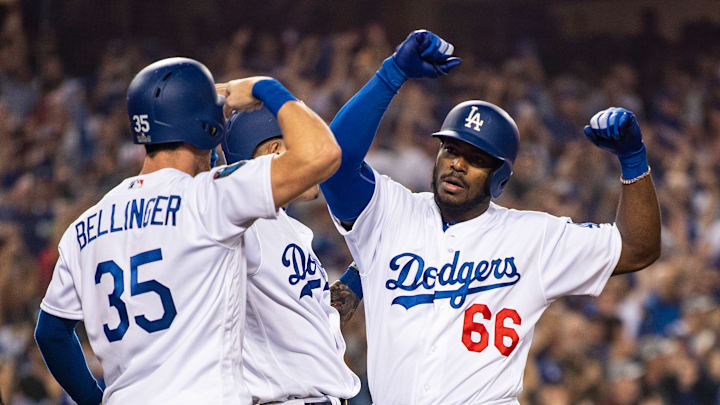World Series Game 3 has in recent years become far less of an indicator of overall success than it once was.
From the Series’ inception up to the 1994 strike, the Game 3 winner had a distinct advantage going forward. In those first 90 World Series, the team that won Game 3 went on to win the Series 59 times. That’s a 66 percent success rate.
Since 1995, however, Game 3 winners have been substantially less fortunate, winning only 15 of the 28 World Series. That’s a barely acceptable 54 percent success rate. Seven of the last 10 World Series champions, the 2022 Houston Astros among them, lost Game Three.
The Arizona Diamondbacks and Texas Rangers will try to ignore that bad recent history as they play Game 3. But as they do, it might be fun to look back on the best moments from past Series.
This article focuses on the 10 most decisive moments from World Series Games 3
The standard of measurement is Win Probability Added, a relatively new statistic that calculates the extent to which the play in question influenced the game’s outcome.
The stars of Game Three are largely good but not great players who happened upon a moment when opportunity presented itself, and seized that moment. Two are Hall of Famers, but both played a couple generations back and are largely forgotten today. The best-known and most widely recognized among modern fans are probably Tom McCarver, Yasiel Puig and Mark McGwire.
You can keep an eye open for installments looking at the 10 most decisive moments from World Series Games 4 and right on through to Game 7. For tonight, here are the 10 most decisive moments of Games Three.
t-9 John Mize, 1949 New York Yankees. The Yankees won the 1949 World Series in five games, but the outcomes were breathtakingly close. The Yanks and National League champion Brooklyn Dodgers split a pair of 1-0 games to open the Series, and the third game was tied 1-1 entering the top of the ninth at Ebbets Field.
Facing Dodger starter Ralph Branca, Yogi Berra drew a one-out walk but was left there when third baseman Eddie Miksis put away Joe DiMaggio’s foul pop. Then a Bobby Brown single and walk to Gene Woodling loaded the bases for Mize, called on by Yankee manager Casey Stengel to pinch hit for Cliff Mapes.
Mize was a notorious power hitter who had led his league with 51 and then 40 homers the previous two seasons. Eventually those stats would win him a Hall of Fame plaque. But acquired by the Yankees that summer from the Giants, he had been used only sparingly, with just 28 plate appearances.
But if Mize’s power potential was on the wane, his bat skills remained good enough to line a base hit into right field scoring Berra and Brown. New York added a third run, offsetting a pair of Dodger home runs in the bottom of the ninth and giving the Yankees a 4-3 victory. Mize Win Probability Added: 39 percent.
t-9. Willie Aikens, 1980 Kansas City Royals. The National League champion Philadelphia Phillies had won the first two games of the Series at home, and three times had overcome a one-run deficit to take Game 3 at Kaufmann Stadium into extra innings tied 3-3. The Series looked like it could be headed for a Phillies sweep.
Royals hopes rose when U.L. Washington opened the bottom of the 10th with a base hit and Willie Wilson followed by drawing a walk off Phillies closer Tug McGraw. The Royals were a small ball team – they led the AL in steals with 185 – so it was no surprise when Washington took off for third base. But doing so violated a cardinal rule – never make the first out at third base – and that’s what Washington did when Phils catcher Bob Boone threw him out.
After McGraw retired Frank White on strikes, Wilson doubled down on the running strategy, stealing second. But that only opened the path for McGraw to intentionally walk AL MVP George Brett and throw the issue to Aikens, hitting behind him.
Aikens made McGraw pay for his insolence, lining a 2-1 pitch into center field for the single that sent Wilson gleefully home with the game winning run. The Phillies still won the Series, but it took them six games. Aikens Win Probability Added: 39 percent.
